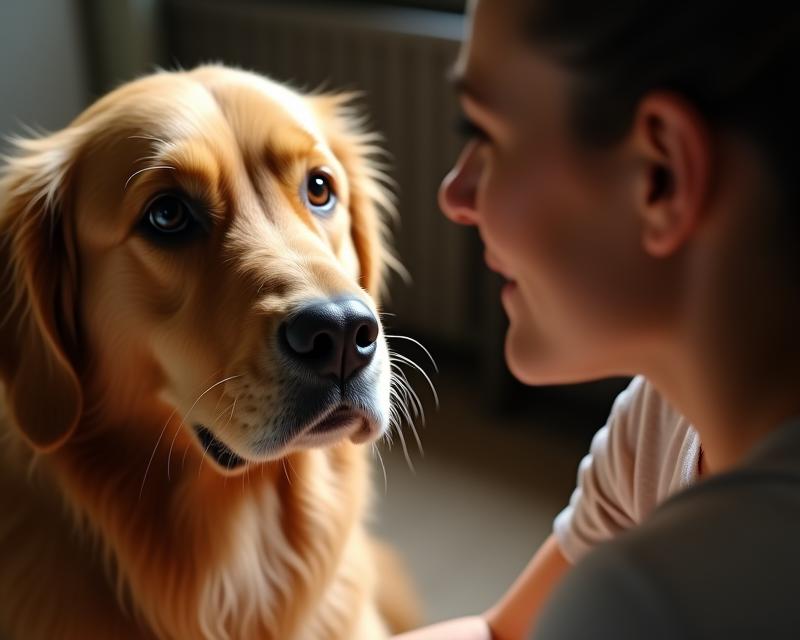Is Your Pet Eating Less? When to Worry
Publish in Health el 28/06/2025 23:22
Is Your Pet Eating Less? When to Worry
As a pet owner, you know your furry, scaled, or feathered friend best. Changes in appetite can be a normal part of life – maybe they're just not as hungry on a warm day, or they're enjoying a new toy more than their food! However, sometimes a decrease in appetite can signal a problem. It's important to be aware of when a change in eating habits warrants a visit to the vet. This article will help you understand when a shift in your pet's appetite is something to take seriously.

Normal Appetite Fluctuations
First, let's cover what's *normal*. Pets, just like people, can have days where they eat less. Young animals, especially puppies and kittens, often have fluctuating appetites as they grow. Older pets might also eat a bit less as their metabolism slows down. Environmental factors can play a role too! A stressful move, a new pet in the house, or even a change in the weather can temporarily affect how much your pet eats. Don't panic over a day or two of reduced food intake unless other symptoms are present.
When to See a Vet
Here are some signs that a decrease in appetite might be cause for concern:
- Sudden Loss of Appetite: If your pet goes from eating normally to refusing food completely, this is a red flag.
- Loss of Interest in Favorite Foods: If your pet usually gobbles down their food but now turns their nose up, it's worth investigating.
- Lethargy: A lack of energy combined with a decreased appetite is a serious combination.
- Vomiting or Diarrhea: These symptoms often accompany appetite loss and can indicate a digestive issue.
- Weight Loss: Even if you don't weigh your pet regularly, noticeable weight loss is a sign that something is wrong.
- Other Symptoms: Any other unusual behavior, like excessive panting, hiding, or pain, should be reported to your veterinarian.
Possible Causes
A decreased appetite can be caused by a wide range of things, from minor annoyances to serious medical conditions. Possible causes include dental problems, infections, digestive issues, organ problems (like kidney or liver disease), pain, and even certain medications. It's crucial to get a diagnosis from your vet to determine the underlying cause and receive appropriate treatment. Don't try to self-diagnose or treat your pet – it could make the problem worse. Early detection is key to a positive outcome! Your vet can perform a physical exam, run blood tests, and possibly other diagnostic tests to figure out what's going on.
What You Can Do
If you notice a change in your pet's appetite, don't hesitate to contact your veterinarian. In the meantime, you can try a few things: Offer a small amount of warm, palatable food. Make sure fresh water is always available. Avoid forcing your pet to eat, as this can create a negative association with food. And most importantly, be observant! Note any other symptoms your pet is exhibiting and share that information with your vet. Your proactive approach can make a big difference in your pet's health and well-being.





